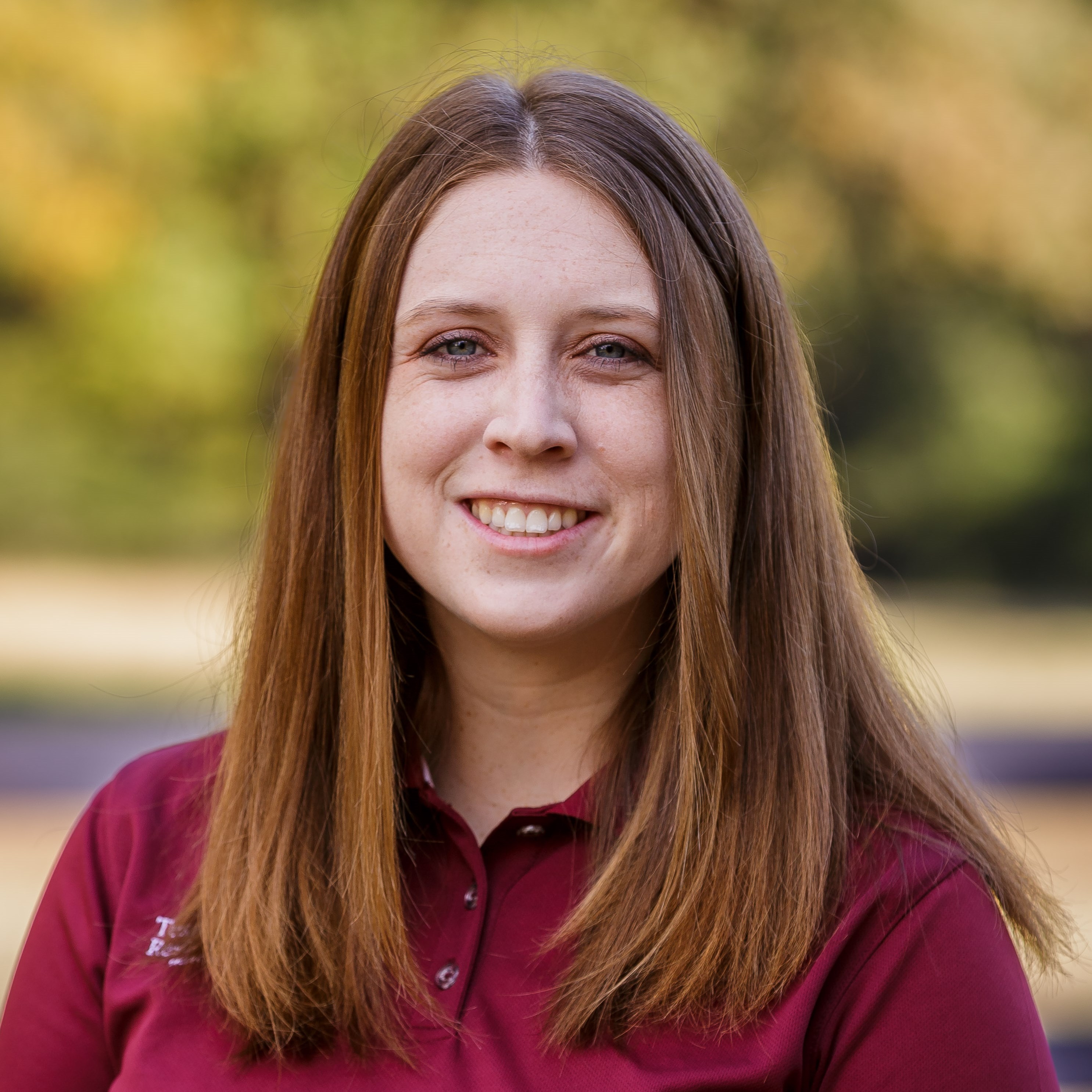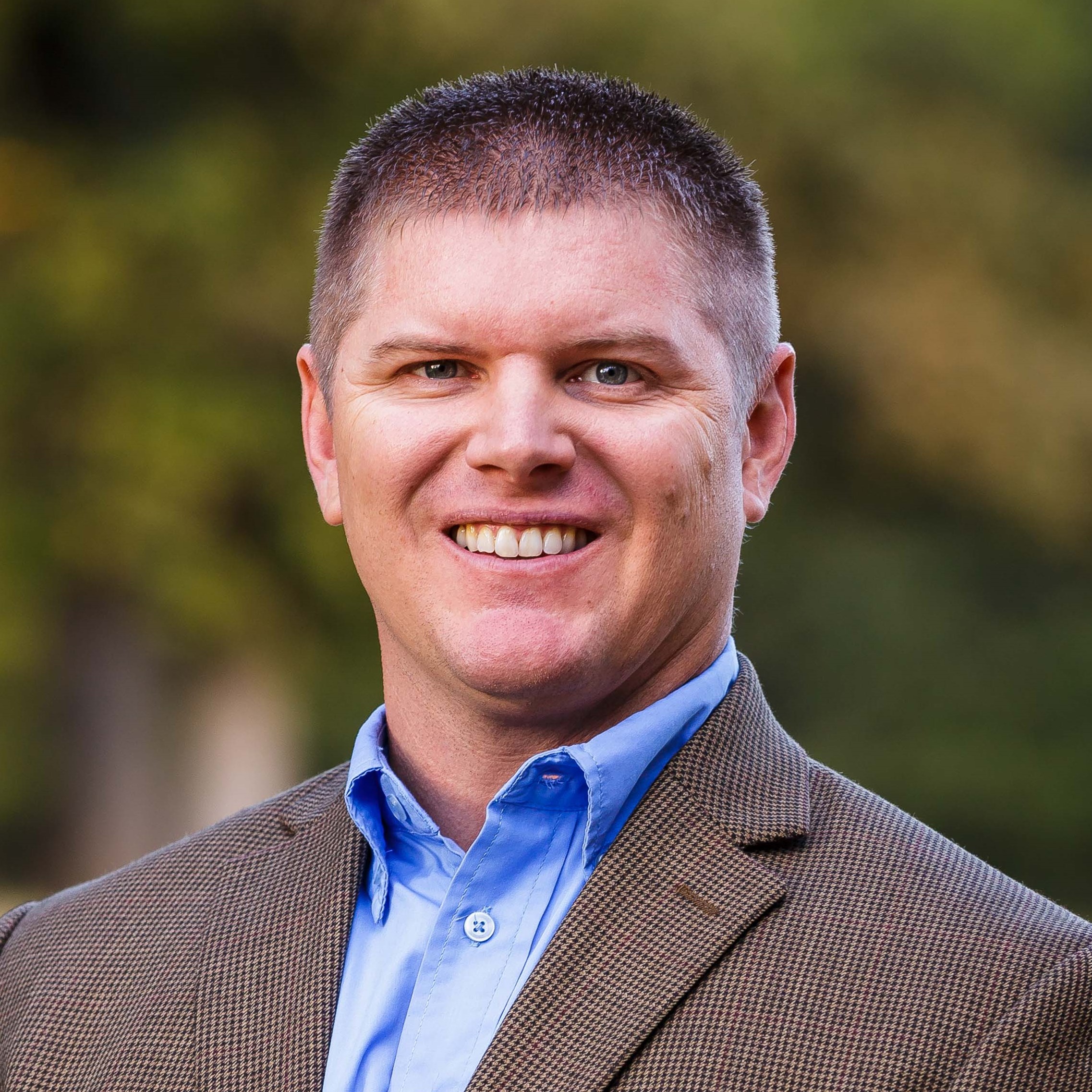Davidson Creek, Middle Yegua Creek and Deer Creek are currently impaired for not meeting the recreational use standard for E. coli of 126 CFU/100 ml. As a result, a Recreational Use Attainability Analysis was conducted on each creek. Reports show that primary contact recreation occurs on all water bodies indicating that standards will not change.
To more accurately assess the water bodies and identify potential causes and sources of pollution, water quality monitoring and characterization are needed. It is through monitoring and adequate data that watershed managers will be able to get a true assessment of water quality inhibitors. To identify potential causes and sources that degrade water quality, existing data should first be collected and analyzed through a watershed characterization process. This process helps explain to interested parties why there is a need for watershed planning and implementation activities. Local data and information is needed from stakeholders in the area; therefore, stakeholders should be engaged through the characterization process.
To ensure that stakeholders all have the same understanding of the project goals and objectives, education programs will be delivered to the stakeholder group to improve their understanding of contributions to bacteria impairments, the parameters of concern in the project area and ways that they can be mitigated. This process is the first step in actually engaging stakeholders in developing a strategy and ensures that management strategies can be developed and supported from the local level.
Stephanie deVilleneuve
stephanie.devilleneuve@ag.tamu.edu
As a research specialist for TWRI, Stephanie deVilleneuve worked on various watershed protection, management and research projects with university faculty, state, local and federal governments and stakeholders to address statewide water-related issues.
Allen Berthold
allen.berthold@ag.tamu.edu
Allen Berthold, Ph.D., is the interim director at TWRI, where he has served in leadership roles for water-related projects in both agricultural and urban settings across Texas.
-
TR-537 Characterization of Middle Yegua, Davidson, and Deer Creeks Watersheds
Oct 2022
Stephanie deVilleneuve, Luna Yang, Jacqueline Rambo, Michael Schramm, and Allen Berthold -
TR-540 Continued Surface Water Quality Monitoring for Middle Yegua Creek, Davidson Creek and Deer Creek Watersheds Final Report
Feb 2022
Stephanie deVilleneuve -
TR-524 Characterizing the Middle Yegua, Davidson Creek and Deer Creek Watersheds Final Report
May 2020
Stephanie deVilleneuve -
TR-523 Characterization of Middle Yegua, Davidson and Deer Creeks Watersheds
May 2020
Stephanie deVilleneuve, Luna Yang, Jacqueline Rambo, Michael Schramm, Allen Berthold
News
Upcoming Meetings
Funding provided by the Texas State Soil and Water Conservation Board State Nonpoint Source Grant Program.


